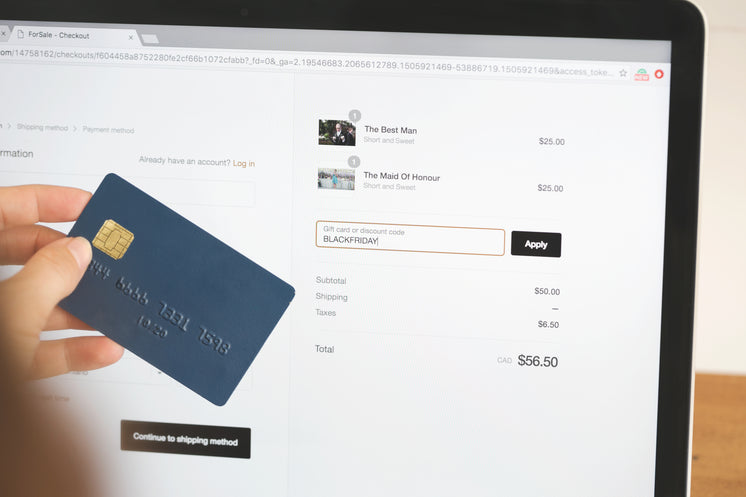
claudeillingwo
About claudeillingwo
Understanding Provigil: A Case Examine on Its Use, Advantages, And Controversies
Introduction
Provigil, also known by its generic title modafinil, is a wakefulness-promoting medicine that was initially authorized by the U.S. Food and Drug Administration (FDA) in 1998 for the remedy of narcolepsy, a disorder characterized by extreme daytime sleepiness. Through the years, its use has expanded to incorporate circumstances resembling obstructive sleep apnea and shift work sleep disorder. Additionally, it has gained reputation as a cognitive enhancer amongst healthy people. This case examine explores the assorted dimensions of Provigil, together with its pharmacological properties, therapeutic applications, potential for misuse, and the moral implications surrounding its use.
Pharmacological Properties
Provigil acts primarily as a central nervous system stimulant. Its actual mechanism of motion isn’t fully understood, but it is believed to influence several neurotransmitters in the mind, including dopamine, norepinephrine, and serotonin. Not like conventional stimulants resembling amphetamines, Provigil just isn’t related to the same degree of addiction or abuse potential, which has contributed to its attraction in both clinical and non-clinical settings.

Therapeutic Functions
Narcolepsy
Narcolepsy is a chronic sleep disorder characterized by overwhelming daytime drowsiness and sudden attacks of sleep. Provigil has been shown to significantly reduce extreme daytime sleepiness in patients with narcolepsy, allowing them to maintain a extra common day by day routine and enhance their quality of life. Clinical research have demonstrated that patients taking Provigil experience a marked improvement of their skill to stay awake and alert all through the day.
Obstructive Sleep Apnea
In patients with obstructive sleep apnea, Provigil is used as an adjunct therapy to handle residual sleepiness regardless of the usage of steady optimistic airway strain (CPAP) therapy. Analysis signifies that Provigil can improve wakefulness and cognitive performance in these patients, thus enhancing their total functionality and safety.
Shift Work Sleep Disorder
For individuals who work non-conventional hours, comparable to night shifts, Provigil has been found to be effective in reducing sleepiness and bettering alertness during waking hours. This is particularly essential for sustaining security and productivity in occupations that require high levels of consideration.
Off-Label Use and Cognitive Enhancement
Lately, Provigil has gained popularity amongst wholesome people in search of to boost cognitive efficiency, notably in excessive-strain environments similar to academia and the corporate world. Some customers report improved focus, reminiscence, and overall cognitive operate after taking the drug. This off-label use raises necessary questions concerning the ethics of cognitive enhancement, the potential for dependency, and the societal implications of using pharmaceuticals to gain a competitive edge.
Potential for Misuse
Whereas Provigil is considered to have a lower potential for abuse compared to traditional stimulants, there is still a threat of misuse. Some people might use the drug to counteract fatigue or to reinforce performance in demanding conditions, resembling during exam intervals or long work hours. This misuse can lead to varied unintended effects, including insomnia, anxiety, and cardiovascular issues. Moreover, the normalization of cognitive enhancers in competitive environments might stress others to use such substances to keep pace, additional complicating the ethical panorama surrounding their use.
Side effects and Dangers
Like all treatment, Provigil shouldn’t be without its unwanted effects. Widespread unintended effects embrace headaches, nausea, dizziness, and insomnia. Extra critical however rare uncomfortable side effects can include skin rashes and allergic reactions. Patients with a history of cardiovascular points, liver issues, or psychiatric disorders ought to use Provigil with warning and below the supervision of a healthcare professional.
Ethical Issues
The use of Provigil for cognitive enhancement raises significant moral questions. Proponents argue that it can level the playing area, permitting people to carry out at their best in competitive environments. Critics, however, warning against the potential for coercion, where people may really feel compelled to use cognitive enhancers to stay competitive. This might result in a society the place using pharmaceuticals for efficiency enhancement turns into the norm, potentially exacerbating social inequalities.

Additionally, the lengthy-term results of utilizing Provigil in healthy individuals should not effectively understood. While quick-time period research recommend cognitive benefits, the implications of extended use remain unsure. This lack of readability necessitates further research to fully perceive the dangers and advantages associated with its off-label use.
Conclusion
Provigil represents a captivating intersection of medicine, ethics, and societal norms. Whereas it affords significant benefits for individuals with sleep disorders, its use as a cognitive enhancer in wholesome individuals raises important questions on fairness, health, and the nature of competition. If you liked this information and you would such as to obtain additional information relating to buymodaonline kindly visit the web page. Because the landscape of pharmaceutical use continues to evolve, it is crucial for healthcare suppliers, policymakers, and society at giant to interact in open discussions about the implications of cognitive enhancers like Provigil. Ongoing research and ethical considerations will likely be essential in determining how best to navigate the complexities surrounding this medicine and its purposes in each clinical and non-clinical settings.
No listing found.
